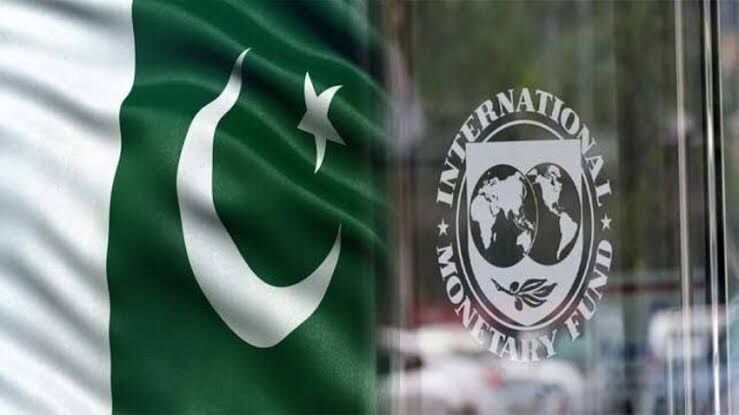M.Ali/Viewpoint
Pakistan has just received a nearly $500 million tranche from the International Monetary Fund under its $6 billion programme after accepting harsh conditions such as increase in power tariff, autonomy to the State Bank of Pakistan, withdrawal of tax subsidies, and impose new taxes, among others.
Islamabad has received approximately $2 billion IMF cash assistance out of the total $6 billion loan so far, but prospects are dim to complete the fund’s programne.
Majority of economists and analysts believe that Pakistan should exit the IMF programme to win control over price-hike and inflation in order to calm down angre among the countrymen. They are of the opinion that the IMF conditions will increase economic woes of the country and Pakistan should bring discipline in its monetary and fiscal policies rather taking dictation from the Britonwood institution to stabilise its economy.

Elaborating, some top officials said the government is bound to increase electricity tariff forthwith, withdrew income tax exemption worth Rs140 billion and have introduced controversial amendments in the central bank’s laws to make it an independent institution.
All these steps will multiply economic miseries of common man who are already struggling to make both ends meet. At the same time, the government is miserably failed to control different mafias operating in the country as well as root out corruption from the system.
The tough decisions under the IMF programme will only aggravate the economic situation and will give no relief to the people who are already reeling below poverty lines due to rising inflation in the past three years. It is estimated that the inflation will remain on higher end at around 9% compared to the government target of 6.1% in the ongoing fiscal year 2021.
The country has already incurred significant losses under the IMF past programmes and we should not have any positive hope with ongoing programme as well.
There is no doubt that revival of the IMF loan programme has revived global investors’ confidence on Pakistan. This paved the way for Pakistan to raise $2.5 billion from international markets through sell of 5 to 30-year Eurobonds. Besides, the programme also helped the country to get another $10-12 billion each from the World Bank and the Asian Development Bank (ADB) over the next five years.
But at the same time, economic experts said country suffered more losses than benefits secured in the past two years under the IMF plan.
Dr Ashfaque Hasan Khan, who is a member of the Economic Advisory Council of the Government of Pakistan, believe that Pakistan suffered up to $40 billion loss due to the IMF policies in past two years. Some other policymakers also said devaluation of Pak rupee, regular hikes in electricity and gas prices, and high interest rate at 13 per cent under the IMF programme caused inflation, economic instability and unrest in the country.
The government has already completed almost half time of its 5-year term and it cannot afford to complete the IMF plan if it wants to contest next general elections with present state of economy.
Neutral observers say the government has no choice but to say good bye to the IMF programme sooner than later and shifts focus to growing foreign exchange inflows through remittances, roshan digital accounts and defence exports to boost forex reserves and stabilise economy, which is expected to post 3% growth by June 30, 2021 as per revised estimates of the SBP.
They are of the opinion that the forex inflows coming in from GCC states, European countries and China should be used wisely to support the economy.
“The currency inflows from Saudi Arabia, UAE, Qatar, China should have been used to build our foreign exchange reserves instead of spending on costly luxury products such as cars, smartphones and gadgets,” they said.
Independent economists and analysts also believe that Pakistani’s economic stability is not linked with the IMF programme but its propserity and bright future is guaranteed if it exists the fund’s ongoing programme at the earliest.
M. Ali is a political and business analyst. Views expressed are his own and do not reflect the portal’s policy.







 United Arab Emirates Dirham Exchange Rate
United Arab Emirates Dirham Exchange Rate

